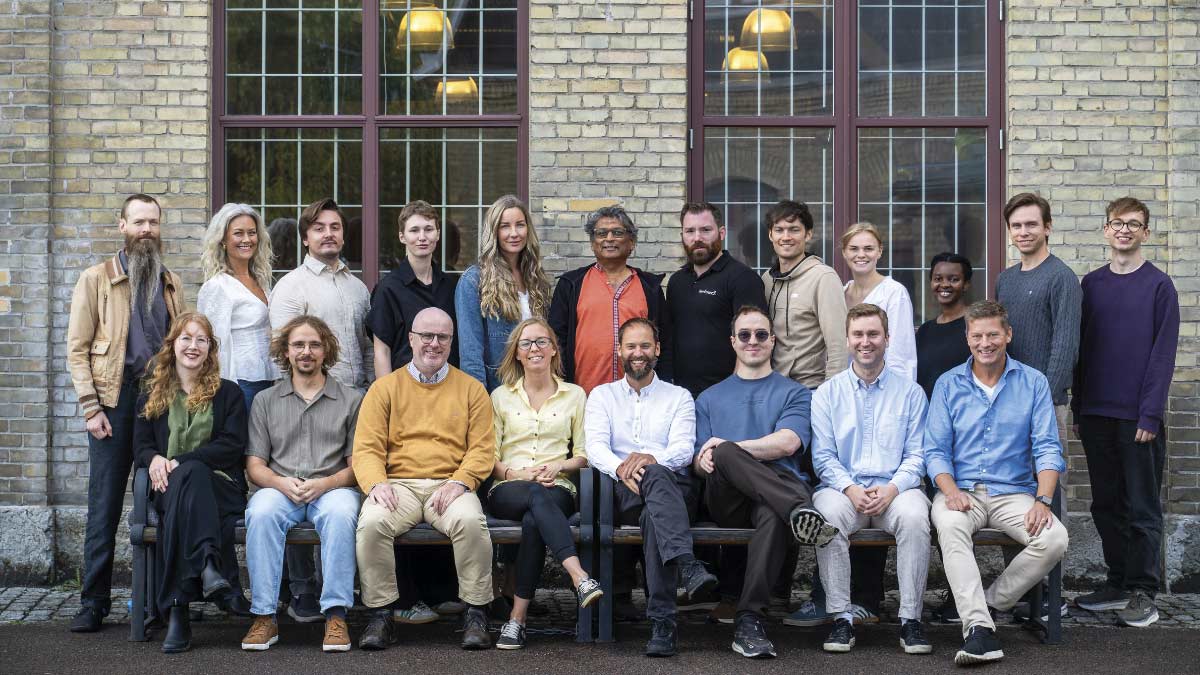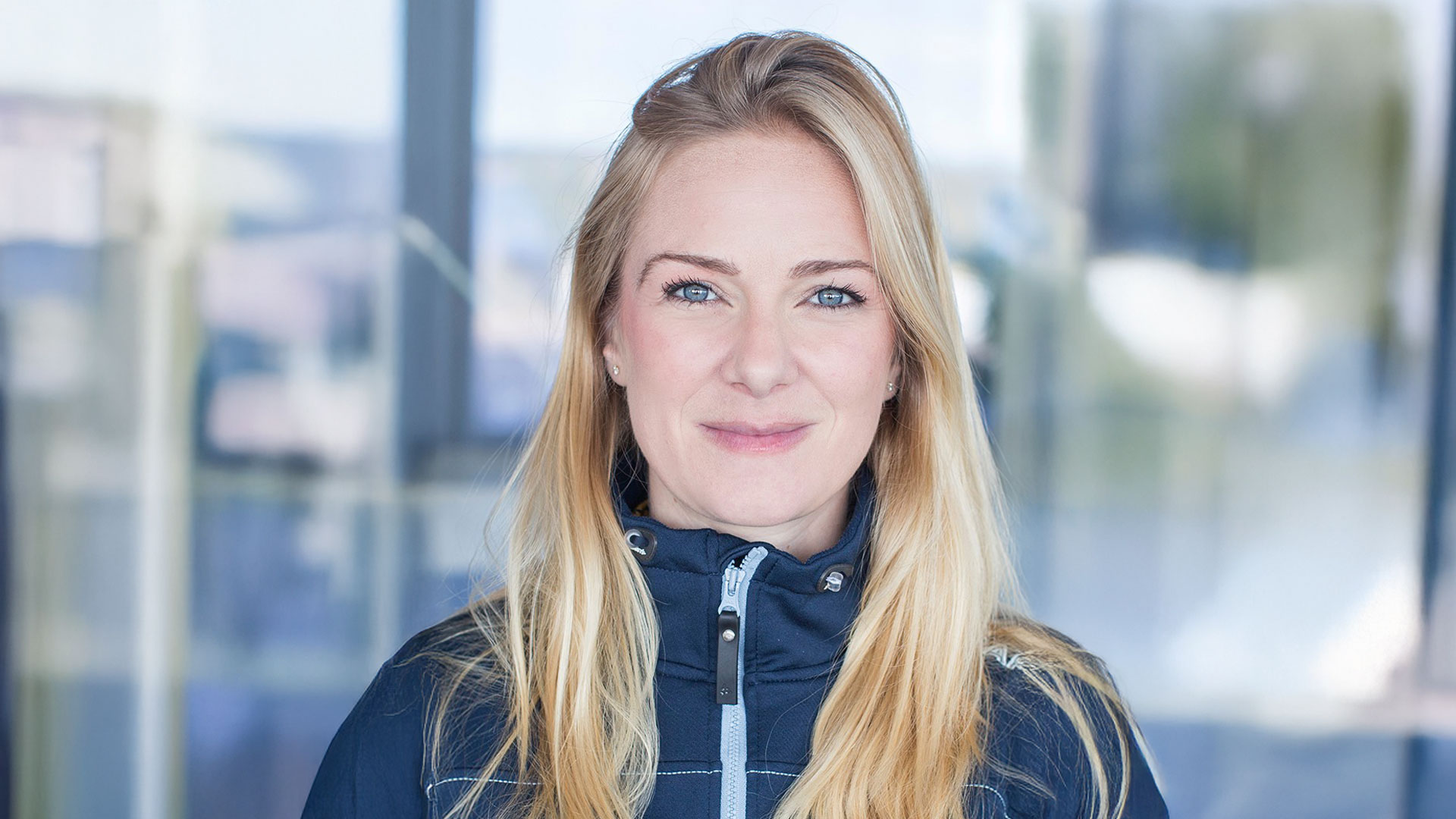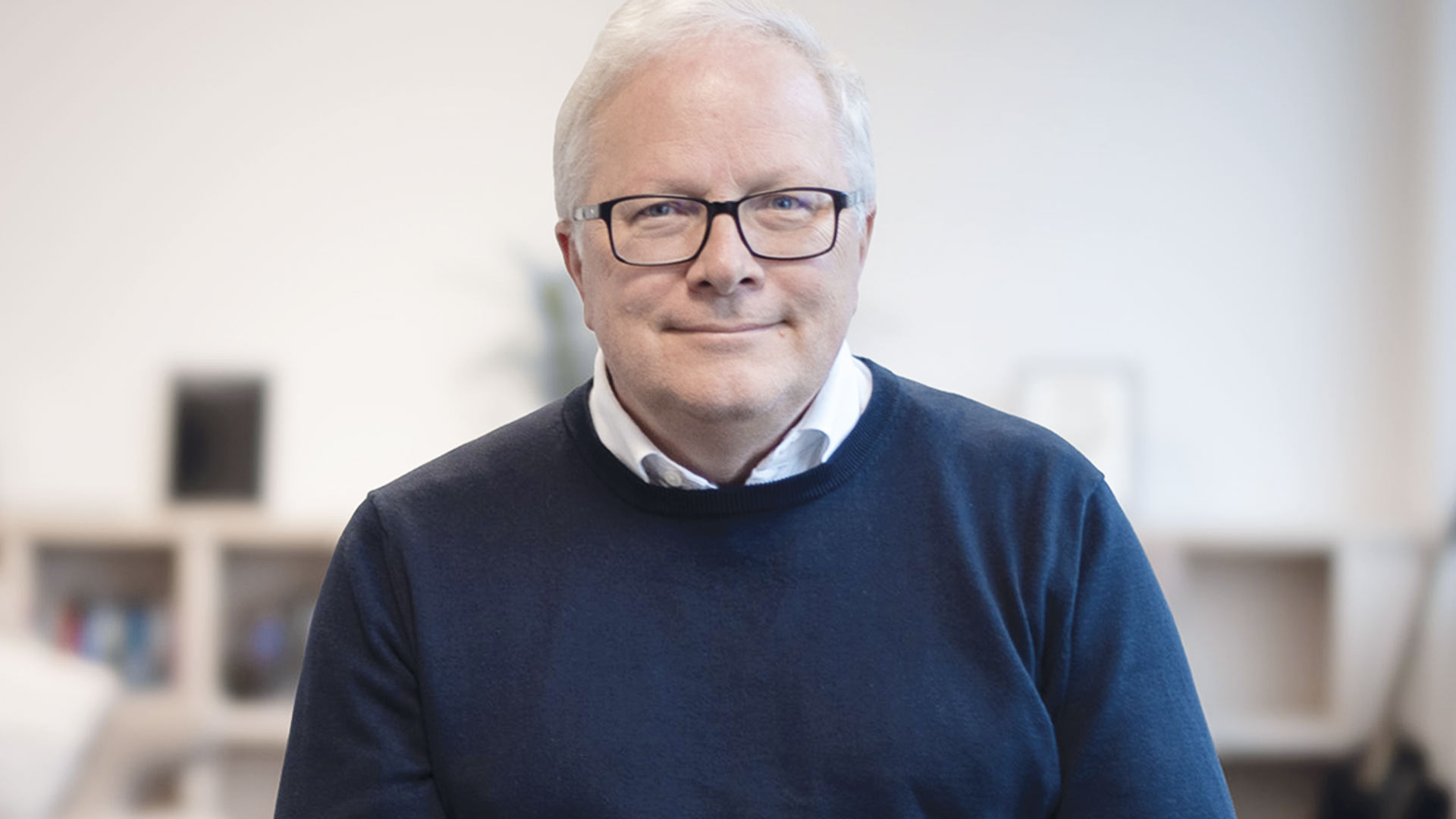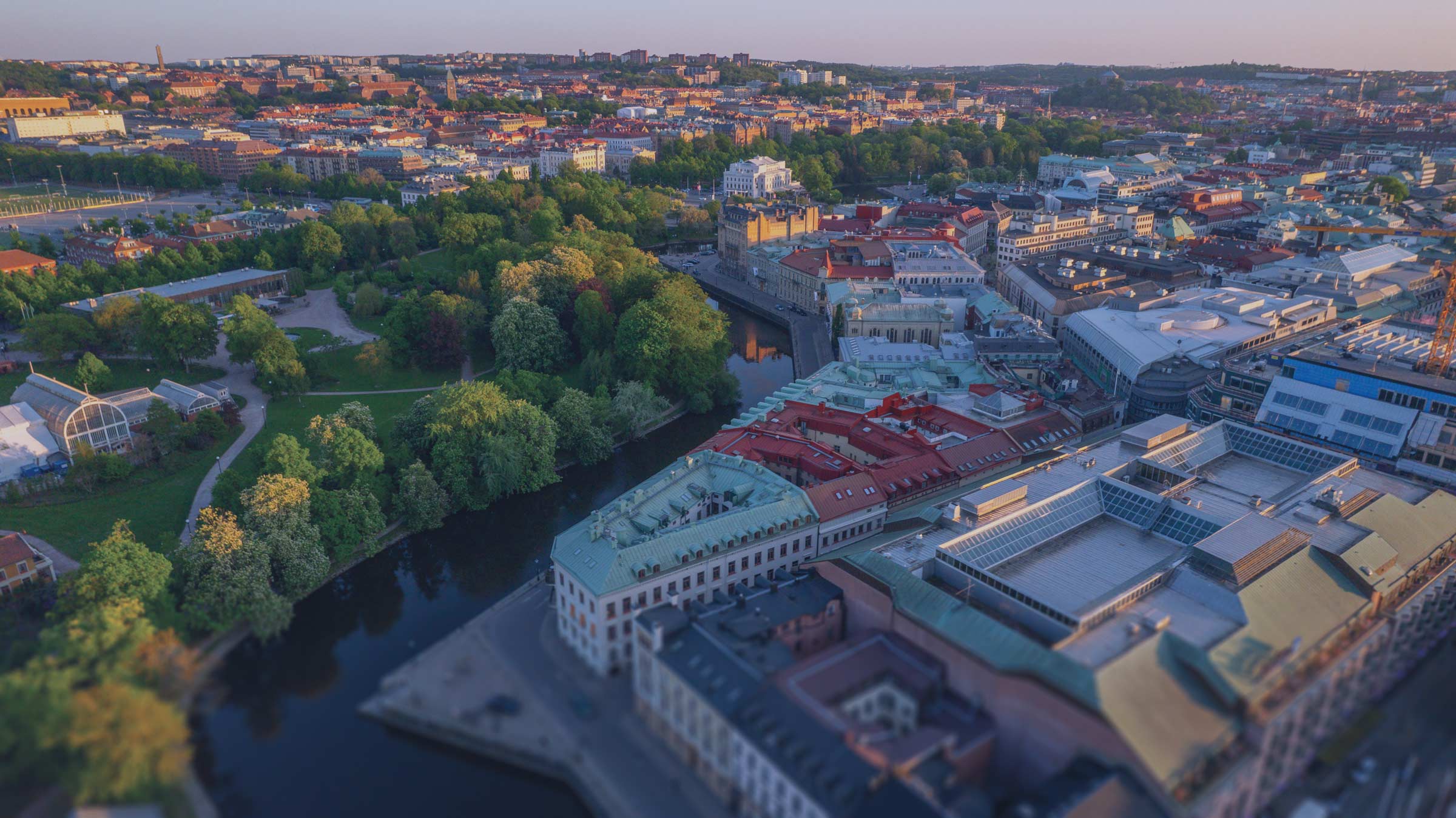
Gothenburg
Sweden
With a highly educated workforce, a strong industrial heritage and a reputation for cross-sector collaboration, Gothenburg is a national leader in innovation and a growing force on the European stage.
According to Business Region Göteborg, the region is responsible for over 35% of all private sector R&D investment in Sweden, more than any other county. This figure reflects a long-standing integration between academic research, public investment and industrial engineering. With global players such as Volvo Group, Volvo Cars, and SKF headquartered here, and others like AstraZeneca, Saab and Ericsson operating major R&D sites in the city, startups don’t operate in silos. They’re building next to, and often with, some of the largest tech and life science companies in Europe.
A launchpad for high-impact innovation
Gothenburg has the highest concentration of engineers and natural scientists among Sweden’s metropolitan regions. This talent fuels everything from AI-powered infrastructure to novel drug discovery. Gothenburg is also strong in mobility tech, advanced manufacturing and health innovation.
Much of this energy is in hubs like MobilityXlab, which connects early-stage startups with Magna, Volvo Group, Zeekr Technology Europe and Zenseact to co-develop and test technologies in real environments. CampX by Volvo Group accelerates industrial deeptech in areas such as electrification and autonomous transport. Meanwhile, BioVentureHub, located within AstraZeneca’s R&D site, offers life science startups and researchers a unique opportunity to co-locate and collaborate with a global pharma leader.
These initiatives reflect a model of open innovation embedded in the city’s identity. Gothenburg’s ecosystem is built around long-term impact and shared infrastructure, making it easier for startups to scale sustainably and gain access to high-value testbeds and global supply chains.
Hard science meets entrepreneurial thinking
Startups in Gothenburg benefit from proximity to world-class research. Chalmers University of Technology and the University of Gothenburg are core to the region’s academic strength, supporting spinouts and deeptech ventures with strong ties to the private sector. Combined with institutions like Sahlgrenska Science Park, they give founders access to both lab facilities and early-stage guidance.
One of the fastest-growing programs is CO-AX, an accelerator run by Sahlgrenska Science Park that supports early and growth-stage healthtech startups. Through its tailored program and access to clinical test environments, investors and a wide network of healthcare stakeholders, it enables scalable solutions that address global health challenges. For founders working at the intersection of research and application, this academic-industry bridge is a defining strength.
A culture of resilience and collaboration
Gothenburg’s startup culture is not defined by high-risk unicorn chasing but by an inclusive and resilient approach to innovation. New venues such as The Yard act as open platforms for early-stage founders, freelancers, and creatives, and the city’s renowned Tech Calendar helps unite the ecosystem with a community-curated guide to events, from meetups and hackathons to major industry gatherings.
That same spirit of collaboration animates initiatives such as GoWest, one of Sweden’s leading venture capital forums for startups, scaleups and investors. This event brings together VCs, scaleups and ecosystem builders from across the Nordics, creating a space where deal flow begins, partnerships form and early ideas gain traction in front of a supportive audience.
A real-world lab for climatetech
Gothenburg has also become a testbed for climate solutions. As one of the EU’s 100 climate-neutral cities (and designated a mentor city by the European Commission), it leads in implementing smart, sustainable systems. The Gothenburg Green City Zone is a bold example. Here, businesses and public agencies develop zero-emission transport solutions together. Projects include autonomous electric shuttles and wireless taxi charging.
Urban logistics are also being reimagined through projects like the Mobility Hotel in Nordstan, which supports micromobility and last-mile delivery systems with zero-emission vehicles. And in the construction sector, the Platform for Climate-Neutral Construction brings over 150 companies together to cut emissions from buildings and infrastructure, fast-tracking green-development standards.
Gothenburg has ranked as the leader in the Global Destination Sustainability Index seven times since 2016 and was named the European Capital of Smart Tourism in 2020. The city has also been named the UN Sustainable Lifestyle Hub and has made sustainability a foundation for business.
Sweden’s mobility-tech powerhouse
In 2024 alone, tech companies founded in Gothenburg were acquired for a combined total of SEK 40 billion (~$3.6 billion) – a record year that signals international appetite for Gothenburg-grown innovation. According to Tech.eu, the city is becoming Scandinavia’s leading mobility tech hub, thanks to its depth of engineering talent and ability to integrate new ventures with legacy industries. Whether it’s electrified freight via Einride, AI-driven energy optimization from Eneryield or sensor-based solutions in medtech and forestry, the companies coming out of Gothenburg are grounded in real-world applications and building systems that work.
Scaling with substance
Gothenburg has developed a grounded approach to entrepreneurship. It’s a place where deeptech, life sciences and sustainability are more than just buzzwords; they’re the raw materials of the ecosystem. Startups here don’t need to leave to grow. The region offers talent, infrastructure, global industry access and a collaborative culture. Founders benefit from institutional support, clear public policy and a city that knows how to balance industrial tradition with future-forward thinking.
Facts and Figures
100% of Gothenburg's public transport runs on renewable fuels (Business Region Göteborg “Facts & Figures 2025/2026”)
Gothenburg now has more than 5,800 public charging points and is continuing expansion
SMEs employ 41% of the region’s population.
The Gothenburg region has grown by 170,000 residents and 36,000 business establishments since 2009.
In 2024, the region welcomed more than 8,100 new companies.
Startups


Daya Ventures, the world’s first venture studio dedicated solely to femtech, focuses on the overlooked gaps in women’s health. It co-creates solutions with founders from the ideation stage, launching and growing companies that address issues ranging from maternal care and menstrual health to gender equality.


Einride develops fully electric freight trucks and the software to manage them. Its autonomous vehicles operate without a driver, reducing emissions and road risks, while its freight mobility platform helps companies optimize routes and shift from diesel trucks to battery-powered alternatives and low-carbon transport systems.


Eneryield offers AI-based fault prediction and analytics for electric power systems. Its sensorless, explainable AI predicts power outages and explains AI decisions with transparent, understandable data, enabling proactive measures to enhance grid reliability and reduce downtime and operational costs.
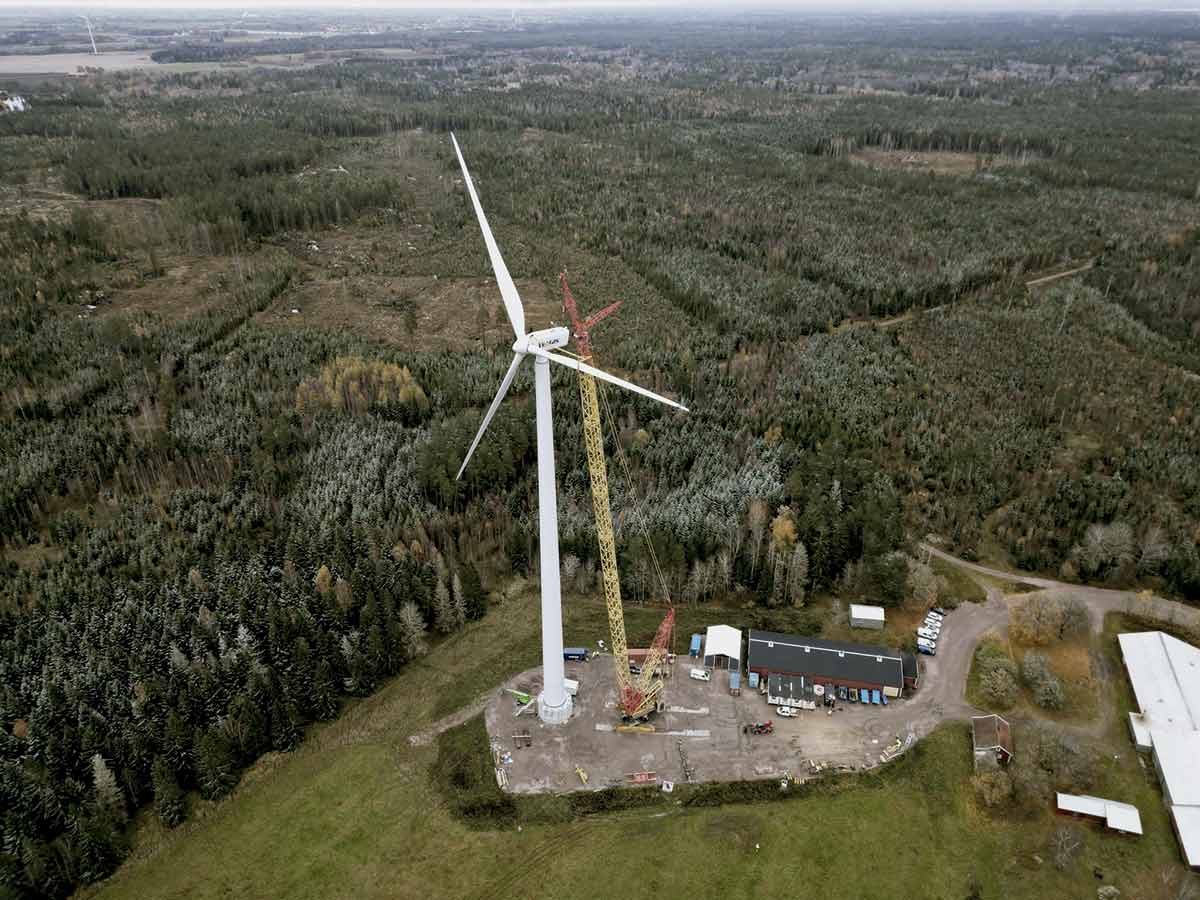

Modvion constructs wind-turbine towers using engineered wood. Its modular towers are lighter, have a smaller carbon footprint, and can be assembled on-site, facilitating taller constructions. It also built the world’s tallest wooden wind-turbine tower, which now supplies power to 400 homes in Sweden.
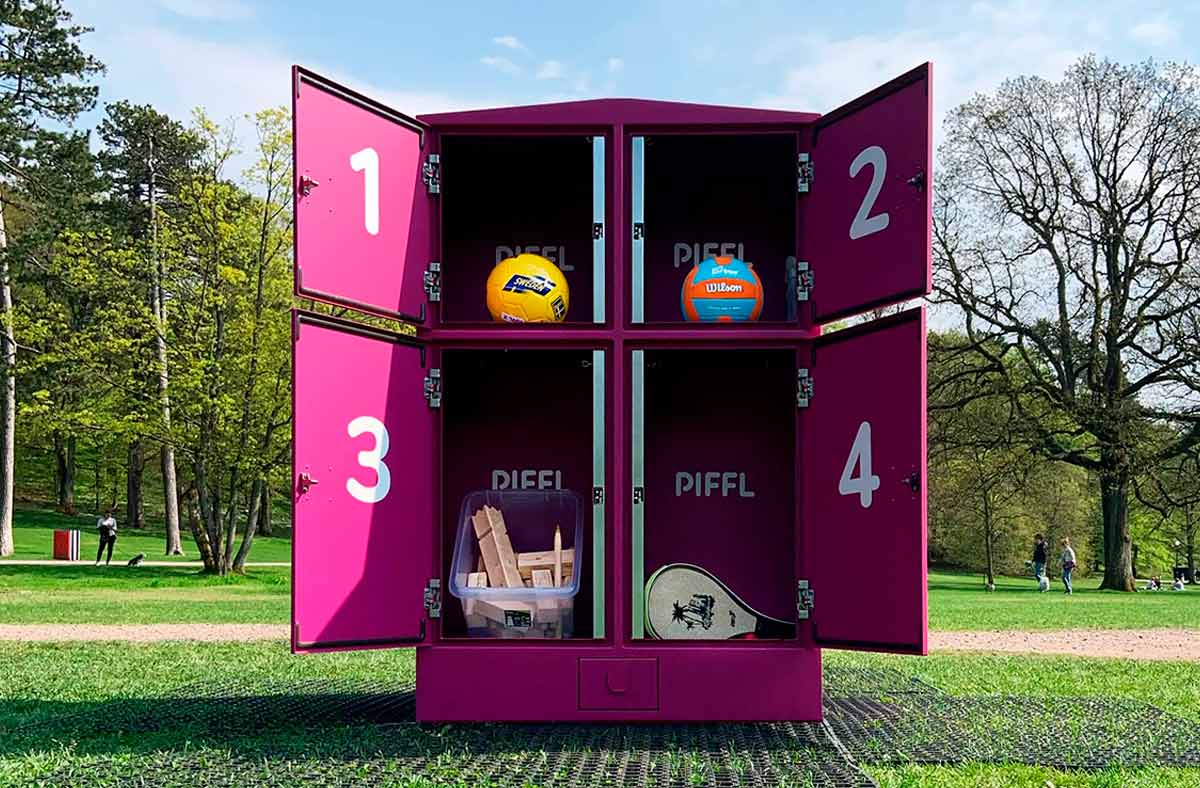

The Piffl sharing platform provides access to outdoor games and sports equipment in city parks and even firewood along hiking trails. Users can borrow equipment such as footballs and rounders sets, promoting active lifestyles and community engagement, and reducing single-use purchases.
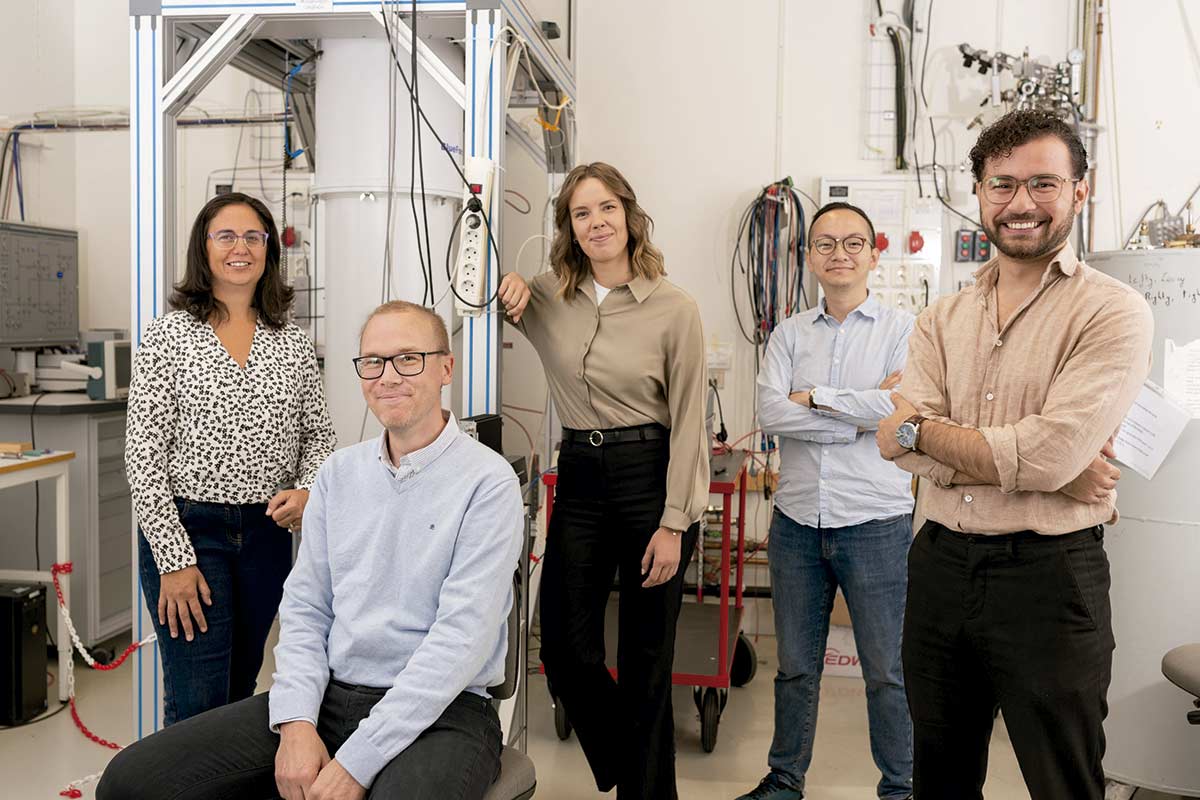

Scalinq focuses on developing hardware solutions to address scaling challenges in quantum computing, particularly for superconducting and spin-qubit-based processors. Its high-density components simplify advancements in quantum computers, offering solutions to research institutes and quantum-computing developers worldwide.
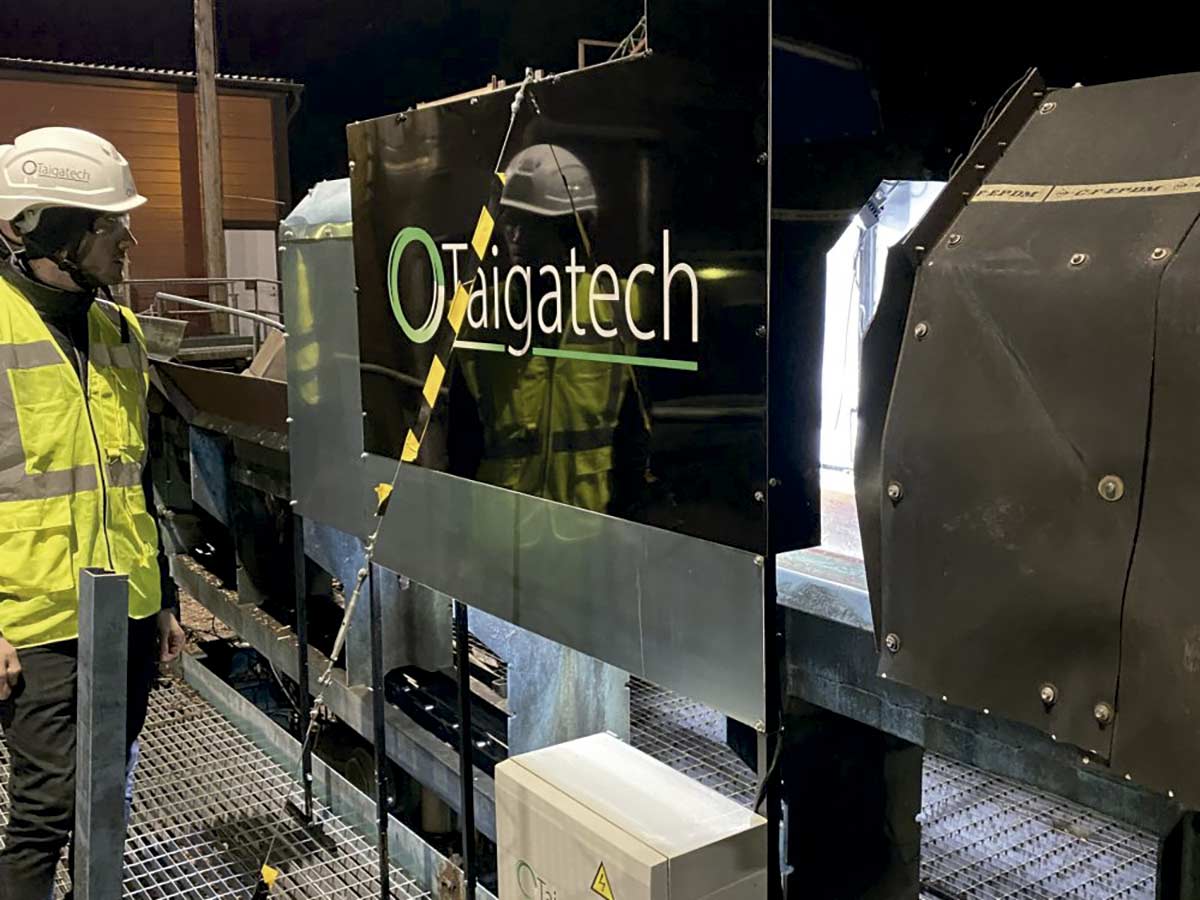

Taigatech brings AI to the forestry industry by developing computer vision solutions for sawmills. Its technologies optimize wood processing, enhance sustainability, and improve operational efficiency. By increasing saw yield, availability, and productivity, Taigatech contributes to sustainable forestry practices.
Interviews
Programs to know about
Life science companies and research groups looking to co-locate with AstraZeneca
BioVentureHub, an open innovation platform located within AstraZeneca’s R&D site, enables emerging life science companies and academic groups to co-locate and collaborate with AstraZeneca. It provides access to AstraZeneca’s scientific expertise, infrastructure and networks, supporting the development of new therapies and accelerating the translation of scientific discoveries into clinical applications.

Health tech and life science startups
This healthtech accelerator operated by Sahlgrenska Science Park supports startups at all stages from pre-incubation to international scaling, focusing on innovations that address global health challenges. It offers tailored programs, expert business advice and access to a network of healthcare providers, testbeds, investors and stakeholders. CO-AX has incubated over 140 startups, contributing to advancements in health tech, medtech, biotech and digital health.

Startups working on sustainable transport technologies
CampX, Volvo Group's global innovation arena, focuses on accelerating new technologies and business innovations in sustainable mobility. It offers various programs, including an incubator for early-stage startups, and provides access to Volvo's engineering expertise, testing facilities and business networks. Since its inception in 2019, CampX has collaborated with over 50 startups.

Early-stage startups developing cutting-edge mobility, connectivity or transport tech solutions
MobilityXlab, a collaborative innovation platform based at Lindholmen Science Park, offers a six-month collaboration period (extendable to twelve months) during which startups work closely with partners such as Volvo Group and Magna International. Startups gain access to mentorship, industry expertise and potential commercial partnerships.

Funding Opportunities


Fore C Investment is a VC firm focused on investments in technology-driven companies. It aims to support innovative businesses with growth potential, particularly in areas where technology can drive efficiency and advancement.
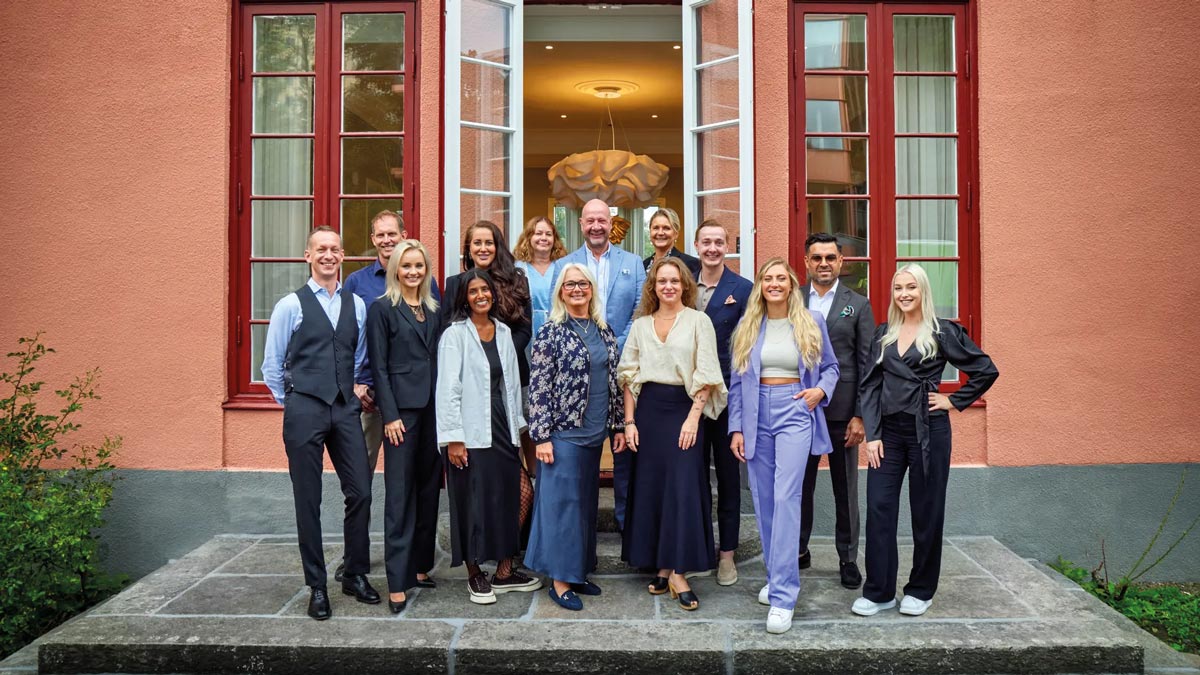

A family-owned business-development and investment firm investing in SMEs. Its approach combines capital provision with active involvement in business development, aiming to foster innovation and expansion. Hammarviken builds relationships based on common values and is committed to social and ecological sustainability.
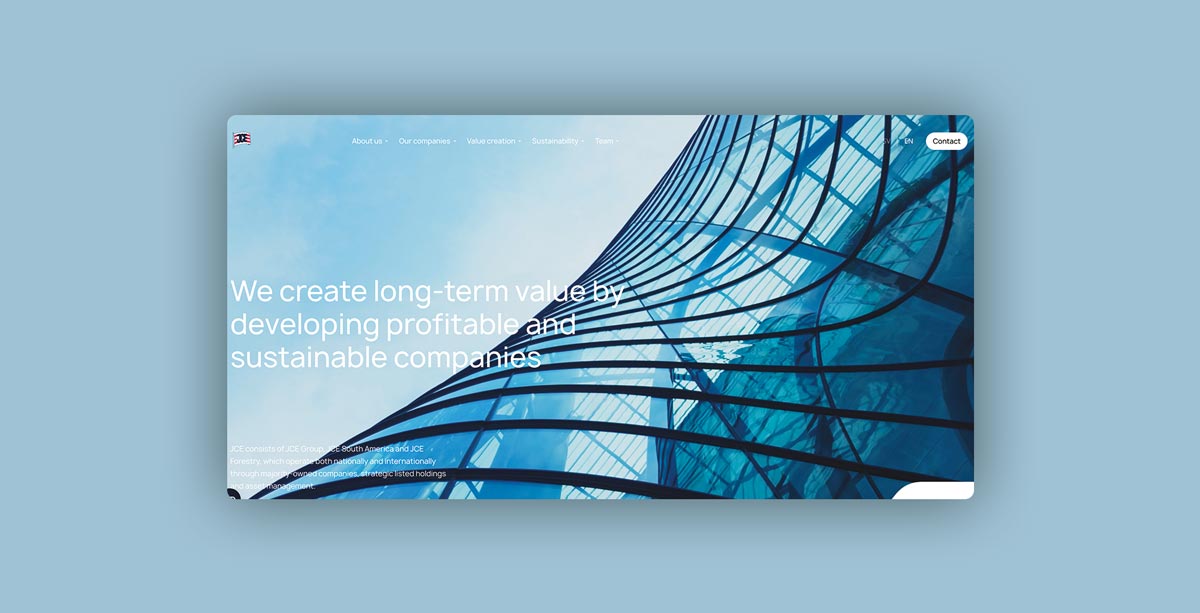

A family-owned investment company that operates domestically and internationally through majority-owned companies, strategic public holdings and asset management. Its strategy emphasizes long-term value creation by building profitable and sustainable companies.
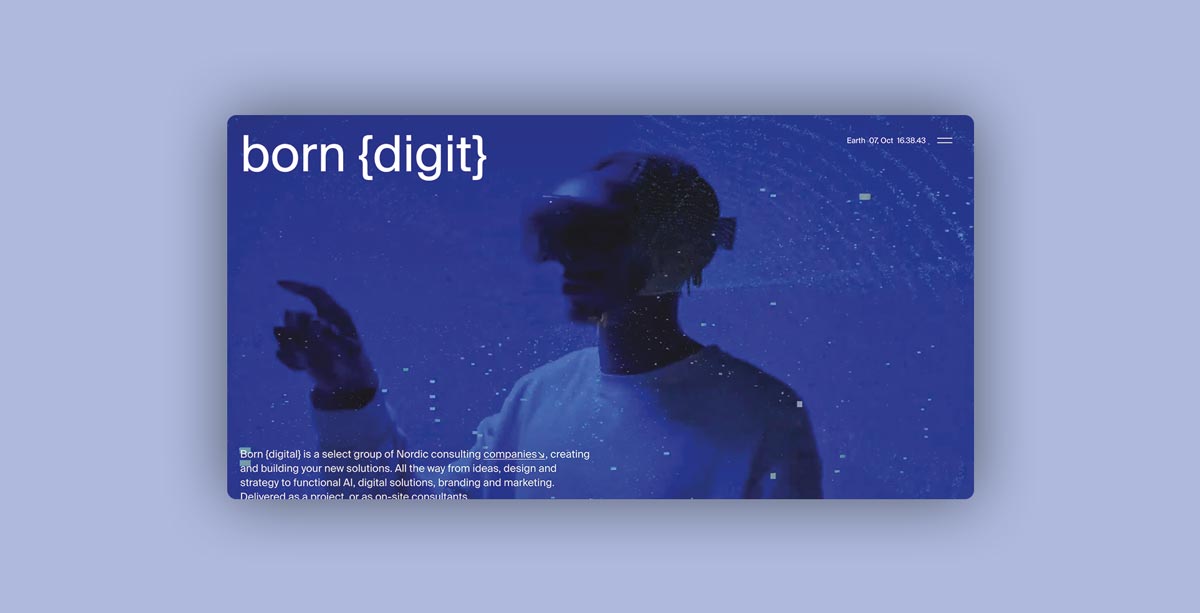

The born {digital} platform consists of a network of technology-oriented consulting companies specializing in areas from marketing to AI. Its strategy is to invest in and co-own these companies, fostering collaboration while maintaining their unique identities.
Urban Impact Solutions
The Gothenburg Green City Zone is an ambitious initiative aiming to establish a zero-emission transportation system by 2030. New ideas and sustainable solutions are developed together and tested in live environments in central Gothenburg. Projects within the initiative include wireless charging for taxis, electrified freight transport and regional logistics hubs. The initiative is a collaborative effort involving the City of Gothenburg, Volvo Cars, RISE Research Institutes of Sweden and various academic institutions with the goal of fostering innovation through public-private partnerships.

Sweden's first Mobility Hotel has opened in Nordstan, one of Gothenburg's largest shopping centers. This facility aims to facilitate quiet and emission-free transport of goods and people in the inner city. It offers services such as cargo-bike rentals and bike and e-scooter maintenance, and it supports last-mile delivery through light electric vehicles. The Mobility Hotel represents a collaborative approach to micro-mobility and micro-logistics, enhancing sustainable urban transport options.

This platform unites over 150 stakeholders from the construction and property sectors to accelerate the transition to climate-neutral building practices. The city aims to have a near-zero climate footprint by 2030, making climate-neutral construction a crucial strategic focus area to meet this objective. Efforts focus on pilot projects, developing climate leadership and promoting circular construction methods. The initiative is supported by the City of Gothenburg and academia, and has received EU co-financing to enhance sustainable building solutions. Since launching, more and more companies have joined the initiative.


